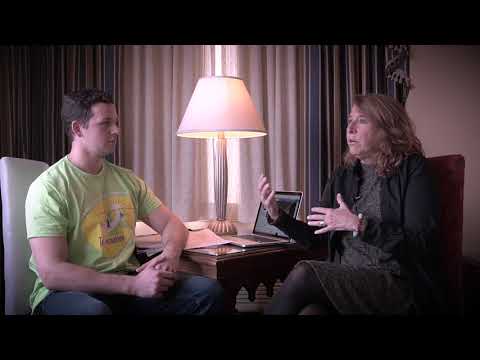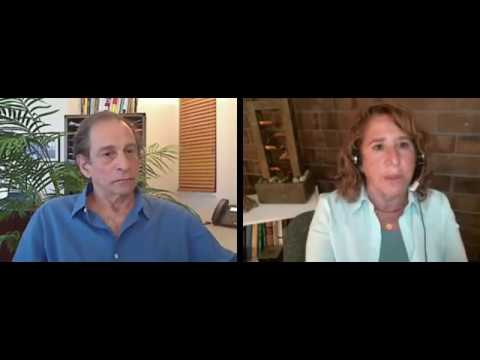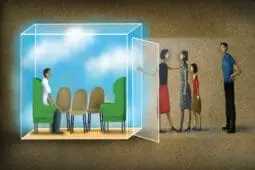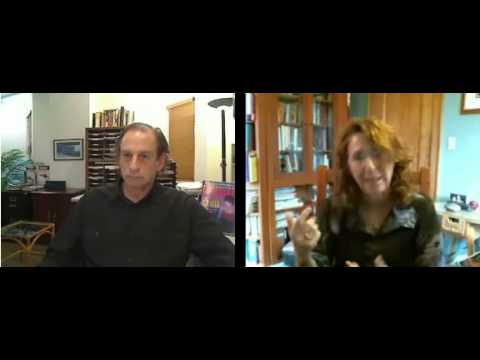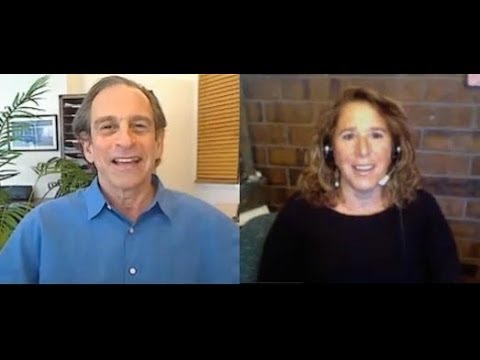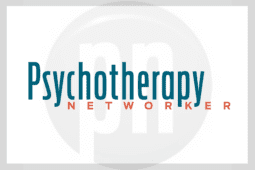Contributed by Mary Jo Barrett
Mediating Estrangement
How to Help Family Members CoexistAfter journeying through the Family Dialogue process, estranged family members often end up adjusting the very notion of what togetherness means. Read more
Reflections on Rich
Friends Celebrate His Life and LegacySharing how Rich Simon impacted our lives—and the field as a whole. Read more
VIDEO: What's New in Trauma Treatment?
Best Practices and MoreHas anything changed in the way we classify trauma? Does anything need to change in terms of how we treat it? According to therapist Mary Jo Barrett, yes... Read more
Survival Skills
Chicago Gang Members Take a Challenging LeapIn one violent Chicago neighborhood, embattled gang members see themselves as UPOWs—urban prisoners of war. To introduce them to a new set of survival... Read more
VIDEO: Combining Trauma Treatment with Family Therapy
Making Sure Treatment Sticks Outside the Therapy RoomFar too often, trauma survivors appear to progress in therapy and then go home and fall right back into the same old patterns of negative emotion and... Read more
Then, Now & Tomorrow
Oral Histories of Psychotherapy 1978-2017A group of innovators and leaders look back over different realms of therapeutic practice and offer their view of the eureka moments, the mistakes and... Read more
What's Your Most Memorable Therapeutic Moment?
Six Master Clinicians Share Their ReflectionsWe asked six respected clinicians to share their most meaningful sessions. Read more
Knowing When to Push
Balancing Safety and ChallengeWhen a client has been sexually abused, it can be difficult to find the balance between creating safety and challenging old patterns. Read more
VIDEO: Bringing the Family Into Trauma Treatment
Mary Jo Barrett on Family ConsultationsIn this brief video clip, Mary Jo explains why bringing the family into therapy should be our first stop when treating trauma. Read more
Outside the Box
Bringing Families into Trauma TreatmentIf we don’t open up the one-on-one therapeutic cloister, trauma sufferers may never learn how to engage in the give and take of real-life relationships. By... Read more
Clarifying Boundary Issues to Strengthen Therapy
Why the Therapy Process Needs to be Free of Boundary Issues to be SuccessfulWe all know that the collaboration between therapist and client is the keystone of therapy. What many therapists may not realize is how much clarifying... Read more
Understanding Trauma and the Cycle of Growth
Mary Jo Barrett on Discovering How Clients LearnMary Jo talks about the first stage of trauma treatment, where she teaches clients about the natural cycle of growth in order to discover how they prefer to... Read more
The Ethics Gray Zone: Is it an Ethical Violation or Not?
When Unique Issues Arise, Therapist Need to Determine Whether or Not it’s a Potential Ethical ViolationSometimes ethical violations we face with our clients become so subtle and complex that we risk alienating clients when we’re trying our best to protect them. Read more
Losing Focus as a Therapist
Mary Jo Barrett on Being Better Attuned to ClientsMary Jo Barrett talks about grounding during session to be in the moment. Read more
The Importance of Professional Boundaries in Therapy
As ethical violation guidelines in therapy become more ambiguous, setting clear professional boundaries remains a central concernIncreasingly the general public has come to regard therapists as just another kind of service provider, rather than a potential Svengali. Thus the relative... Read more
Yesterday’s Ethics Vs. Today’s Realities
Boundaries in an Age of InformalityAs the status of therapist has shifted from an oversized figure with Svengali-like powers to an overworked and underpaid service provider at the mercy of the... Read more
Therapy in the Danger Zone
Breaking the Cycle of Family TraumaThere's no more emotionally demanding work than that with an incestuous family. A therapist offers an uncensored look at the fear, loathing, and fascination of... Read more
Constructing The Third Reality
How to move from conflict to coexistenceThe Family Dialogue Project grew out of my attempt to help therapists, abuse survivors, and their families caught in the meshes of terrible conflicts from... Read more



